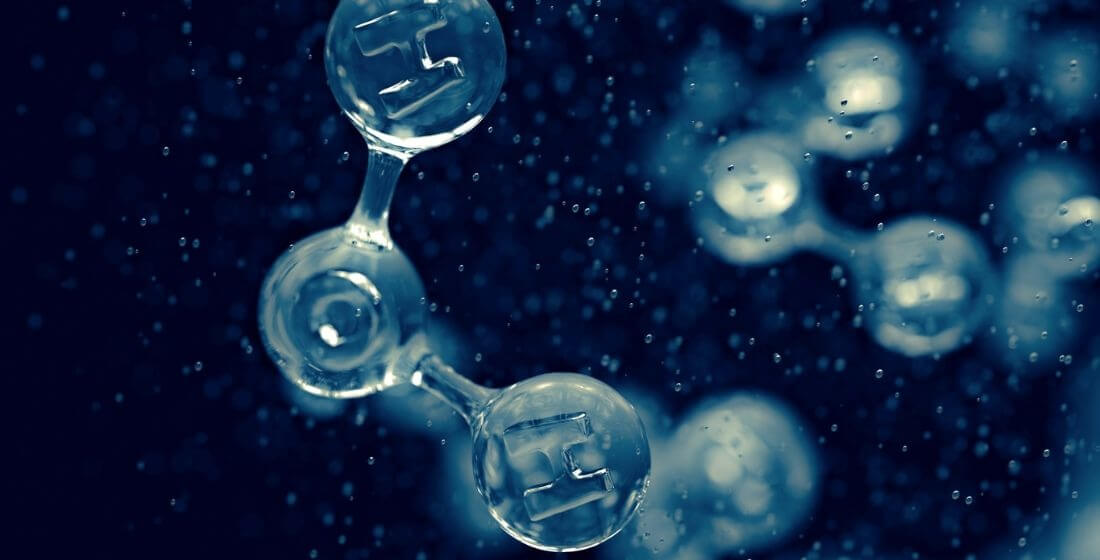Waterfall Facts for Kids
In this section you’ll learn about waterfalls. You’ll learn what a waterfall is. How a waterfall forms by erosion. What are the different types of waterfalls and other facts about waterfalls.

Welcome to our water facts library. This is a huge collection of facts on many different water related topics. This is a nice resource for kids and teachers. It’s also good for adults who want to learn about water. We hope you find these facts fun, pleasant and useful at learning about water. Scroll down and pick a section to explore that specific water subject.
Our water facts library has a lot of sections. Each section is about a specific water topic. We have a section about water pollution, the world’s oceans, tsunamis and many more. Can’t find the facts you need? Check back next week, we’re always adding new sections. You can contact us with a request, and we’ll add it to a future update.
Below are the water fact sections, in order from A to Z.
In this section you’ll learn about waterfalls. You’ll learn what a waterfall is. How a waterfall forms by erosion. What are the different types of waterfalls and other facts about waterfalls.
In this section you’ll learn about the water cycle. You’ll learn what the water cycle is. What processes drive the water cycle on and other fun facts about Earth’s water cycle.
In this section you’ll learn about water nutrition. You’ll learn what water nutrition is. Why water nutrition is imporant. How much water you need to drink and other facts about it.
In this section you’ll learn about water pollution. You’ll learn what water pollution is. What causes water to get polluted. What are the different types of pollution and other facts.
In this section you’ll learn about tsunamis. You’ll learn what a tsunami is. What events cause a tsunami. How a tsunamis causes damage and other facts about tsunamis.
In this section you’ll learn about rivers. You’ll learn what a river is. What are some famous rivers. How rivers support the water cycle and other facts about rivers.
In this section you’ll learn about saltwater. You’ll learn what saltwater is. Why saltwater is important. What are the different types of saline water and other facts about it.
In this section you’ll learn about ocean animals. You’ll learn what an ocean animal is. What are the different types of ocean animals and more facts about them.
In this section you’ll learn about oceans. You’ll learn what an ocean is. How many oceans there are. What are the different ocean zones and other facts about oceans.
In this section you’ll learn about the Mariana Trench. You’ll learn what the Mariana Trench is. Where the Mariana Trench is located and other facts about the Mariana Trench.
In this section you’ll learn about lakes. You’ll learn what a lake is. Why lakes are important to humans. What are some of the biggest lake in the world and other facts about lakes.
In this section you’ll learn about the hydrosphere. You’ll learn what the hydrosphere. Why the hydrosphere is important. What makes up the hydrosphere and other facts about it.
In this section you’ll learn about the Great Lakes. You’ll learn what the Great Lakes are. How the Great Lakes were created. How big the Great Lakes are and other facts about them.
In this section you’ll learn about freshwater. You’ll learn what freshwater is. Why freshwater is important to humans. Where freshwater is found and other facts about freshwater.
In this section you’ll learn about fishing. You’ll learn what fishing is. Where people go to catch fish. What are the different types of fishing methods and other facts about fishing.
In this section you’ll learn about evaporation. You’ll learn what evaporation is. How evaporation works in the water cycle and other facts about it.
In this section you’ll learn about drinking water. You’ll learn what drinking water is. How safe drinking water saves lives. How water is made safe and other facts about it.
In this section you’ll learn about coral reef. You’ll learn what a coral reef is. Where coral reefs grow. What are the different types of coral reefs and other facts about them.
Water is a chemical substance. A single water molecule contains two hydrogen atoms and one oxygen atom bonded together. The chemical formula for water is H2O. Water can be in one of three states. Water can be in a liquid sate, gas state (vapor) or solid state. An example of water in a liquid state is water in a lake. An example of water in a solid state is ice. An example of water in a gas state (vapor) is the steam coming off a boiling pot of water.
Water is the most important chemical substance on our planet. In fact, water is more important that oxygen. There are a few known organisms that don’t require oxygen, they’re known as anaerobic organism. However, all known organisms require water, whether consumed directly by drinking water or from water in the foods they eat. Without liquid water, life on our planet couldn’t exist. Water is an important resource on our planet that needs to be protected.
There is a lot of water on our planet. Around 71% of the Earth’s surface is covered in water. Most of the water found on Earth’s surface is in the oceans and seas. The water in the oceans and sea is saltwater and cannot be consumed by humans. Humans can only consume freshwater, like the water found in lakes, ponds, rivers and streams. In fact, 96.5% of the water on our planet is saltwater, only a small portion of it is freshwater.